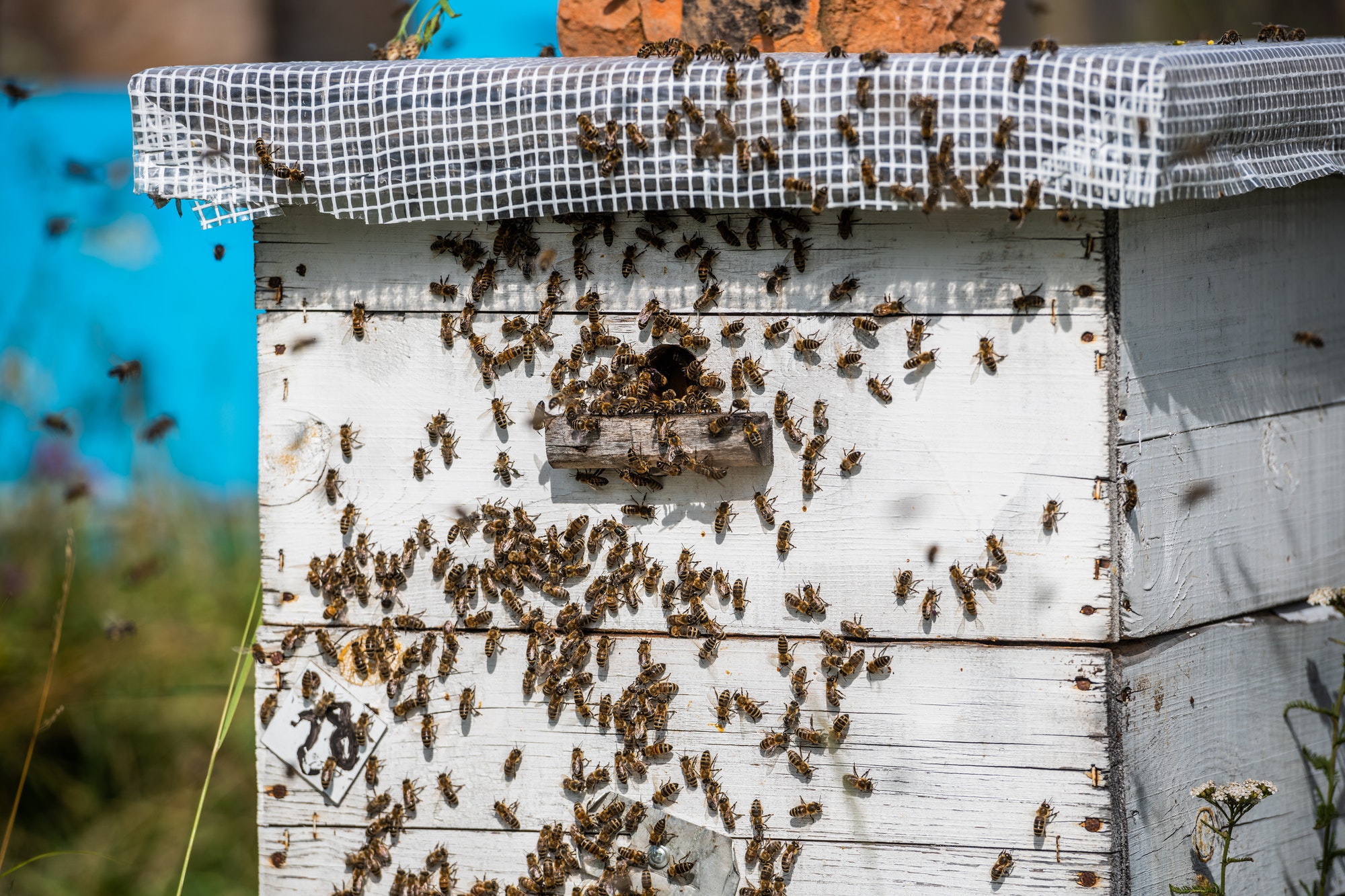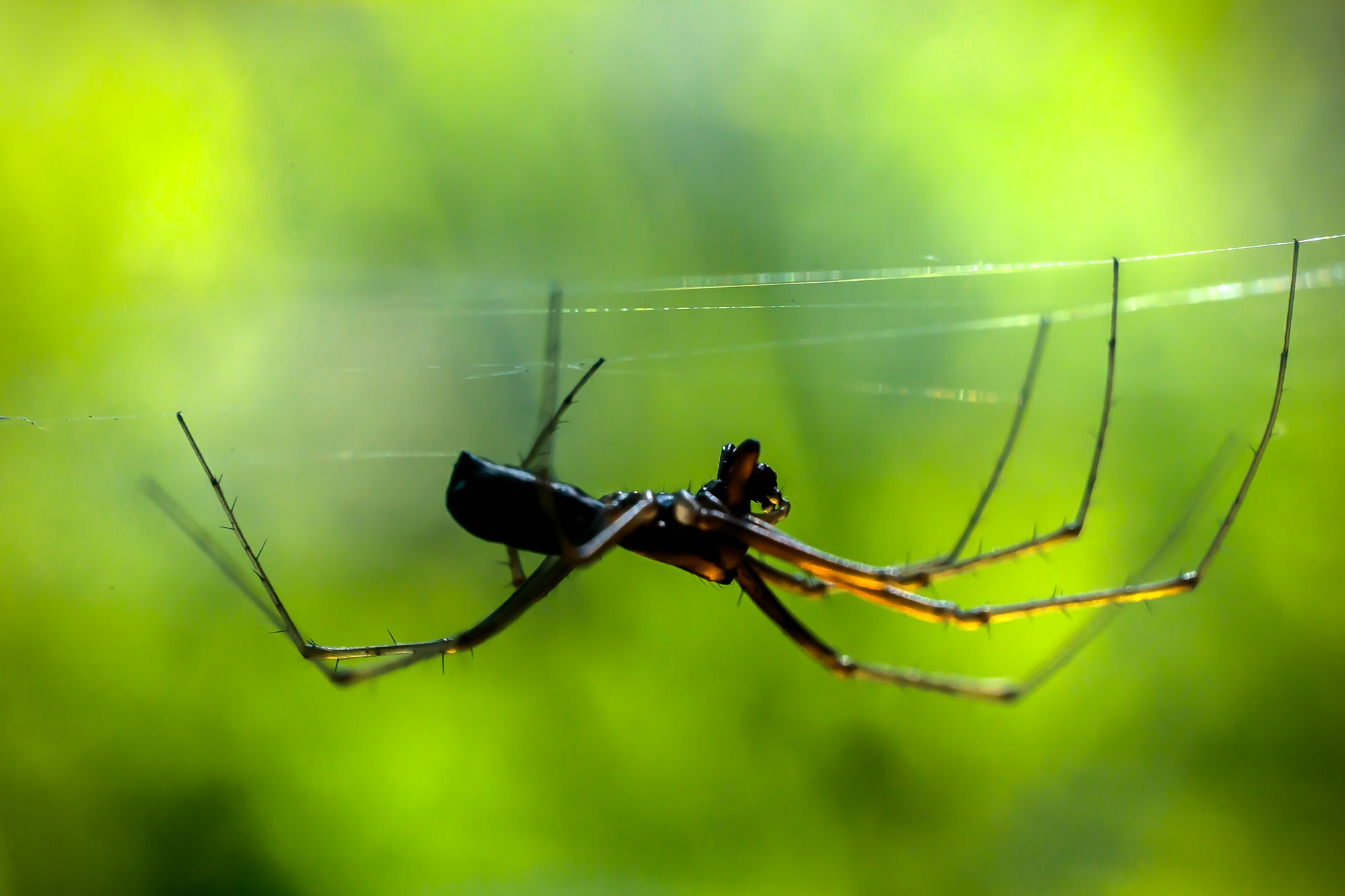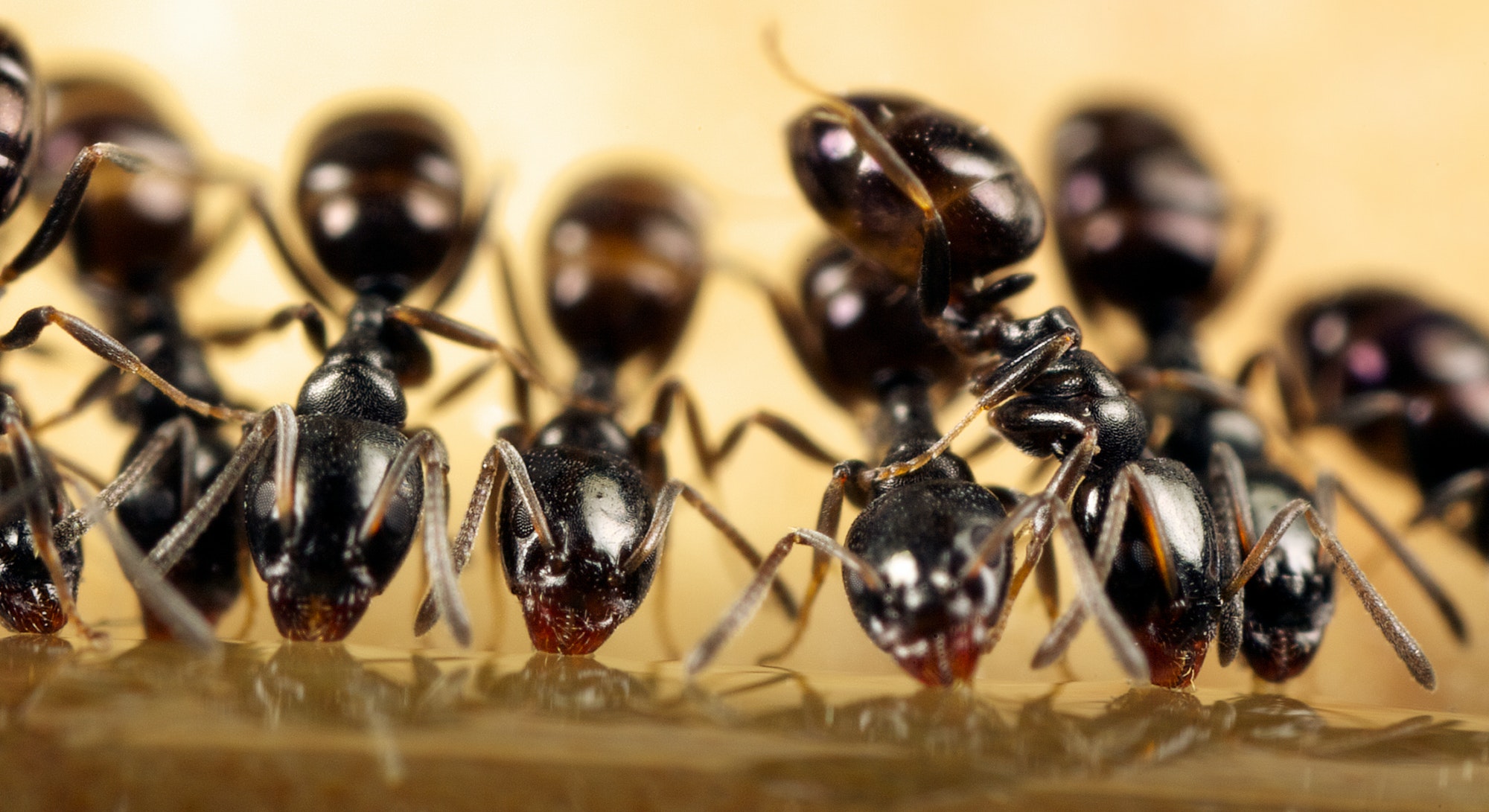Why Bees Are Important For The Ecosystem?
Imagine a world without honey and colorful fields covered with aromatic flowers and majestic trees. That is what we would have to live with if it weren’t for the help of bees. To be exact, there is more that bees contribute to our environment than what a lot of people already know.
Bees are a “symbol of nature” and if they are in danger, then it is safe to guess that our environment is not in the best condition (“Why Do We Need Bees?”). Maintaining “our native flora” heavily depends on the survival and growth of pollinator populations such as bees (“Why Do We Need Bees?”).
The interdependence of the pollinators and the plants that they fertilize show parallelism, for example, “across the UK and Europe: 76 of plants preferred by bumblebees have declined in recent decades, with 71 seeing contraction in their geographical range” (“Why Do We Need Bees?”).
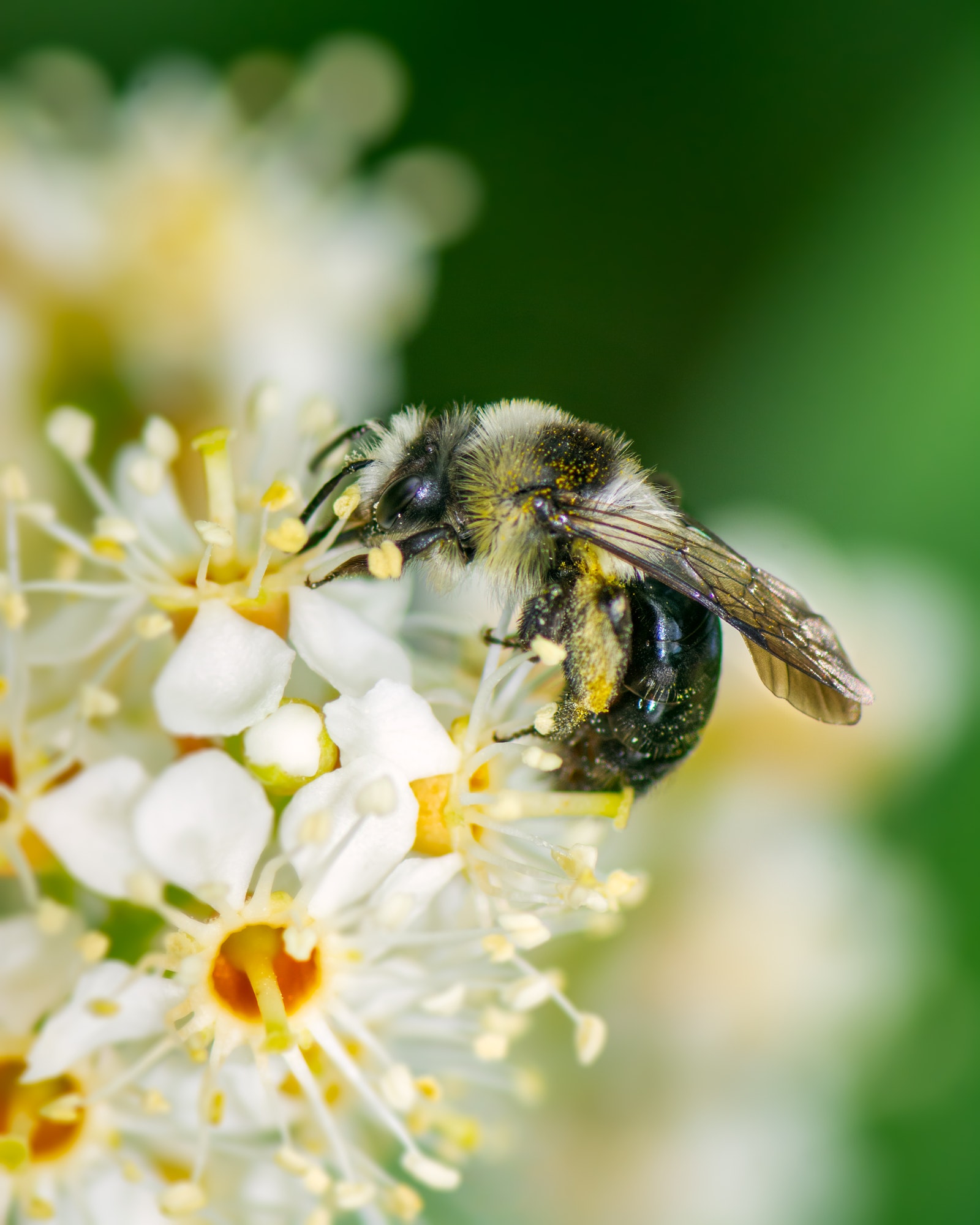
In addition, the United Nations Food and Agriculture Organization asserts that efforts to protect and grow the population of bees could be “one of the best sustainable ways to boost food security and support sustainable farming” (“Why Do We Need Bees?”).
To further elaborate on the role of bees in our ecosystem, honeybees can be seen as the most popular and prized out of the entire bee family.
The Natural Reserve System of University of California, refers to honey bees as being the “world’s most important single species of pollinators” for the environment and a “key contributor to natural ecosystem functions” (Wong, Kathleen.).
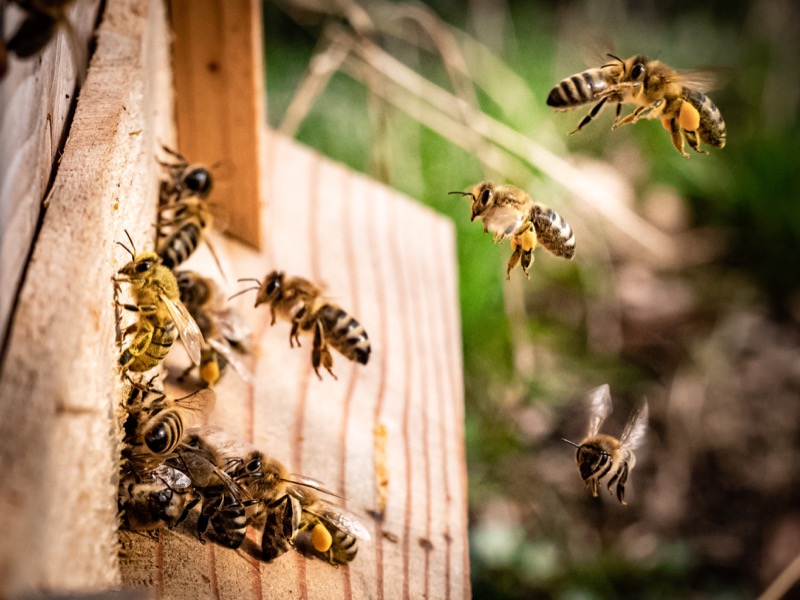
Led by biologists at the University of California, San Diego, their study of 80 plant-pollinator interaction networks showed that honey bees were the most frequent pollinators to plants worldwide and they were recorded in “89 percent of the pollination networks” in the native range and “61 percent in regions” in their nonnative range (Wong, Kathleen.). Not only do they dominate the pollinator systems, but they are preferred by many farmers to fertilize their crops.
The American Chemical Society’s stated in their press conference that farmers rely on honeybees to fertilize “more than 100 different fruit and vegetable crops” worldwide (“The Real Reason to Worry About Bees.”). Moreover, the advantages of the honeybees are that they are easy to manage and move around both in and out of the fields during different pollination seasons- much more easily than some other bee families (“The Real Reason to Worry About Bees.”).
It is evident that honeybees possess an integral sector in our environment just looking at their work value for farmers. Looking at their monetary value, there are some estimates that place the value of honeybee pollination at $15 billion annually (“The Real Reason to Worry About Bees.”).
Despite the fruitful work of the bees, there is a continuous decline in the bee population in the U.S as well as other countries; specifically, about “1 in every 3” honeybees die each year (“The Real Reason to Worry About Bees.”).
Furthermore, researchers from the University of Maryland reported that between October 2018 and April 2019, about 40% of the US honey bee colonies have died due to a combination of “decreasing crop diversity, poor beekeeping practices, and loss of habitat” (Woodward, Aylin). Without their help, fruits from many different crops would not fertilize and ultimately fail to form which would negatively impact consumers by “affecting the price of some of the healthiest and most desirable foods”, like almonds (“The Real Reason to Worry About Bees.”).
In addition, the gradual decay of bee pollination “jeopardize[s] 35% of our global food supply” and many countries are pushing for the preservation and restoration of their habitats (Woodward, Aylin). Moreover, there is evidence stating that pollination from the “right type of bee improves the quality of the crop- from its nutritional value to its shelf life”, this being the reason we have bigger and juicier fruits (“Why Do We Need Bees?”).
The bees are crucial to the environment and effects not only the prosperity of plants and crops, but the welfare of humans and our economy. They provide the key step in the processes that provide us with many staple crops. Without them, not only would our environment be dull and lifeless, but the many delicious foods that we take for granted would no longer be available. Just like how there is no use for a chain with a broken link, the role of bees constitutes an integral part of what our ecosystem needs to flourish.
Author: Su Yeon (Joy) Kim
University of California, Santa Barbara
Works Cited
- “The Real Reason to Worry About Bees.” Translated by Michael Bernstien and Michael Woods, ACS Chemistry For Life, American Chemical Society , 10 Sept. 2013, www.acs.org/content/acs/en/pressroom/newsreleases/2013/september/the-real-reason-to-worry-about-bees.html
- Why Do We Need Bees?” Friends of the Earth, Friends of the Earth Limited, 25 July 2017, friendsoftheearth.uk/bees/why-do-we- need-bees
- Wong, Kathleen. “Role Of Honey Bees In Ecosystem Pollination.” Natural Reserve System University of California , UCNRS, 12 Jan. 2018, ucnrs.org/role-honey-bees-ecosystem-pollination
- Woodward, Aylin. “Last Year, 40% of Honey-Bee Colonies in the US Died. But Bees Aren’t the Only Insects Disappearing in Unprecedented Numbers.” Business Insider, Business Insider, 21 June 2019, www.businessinsider.com/insects-dying-off-sign-of-6th-mass-extinction-2019-2
